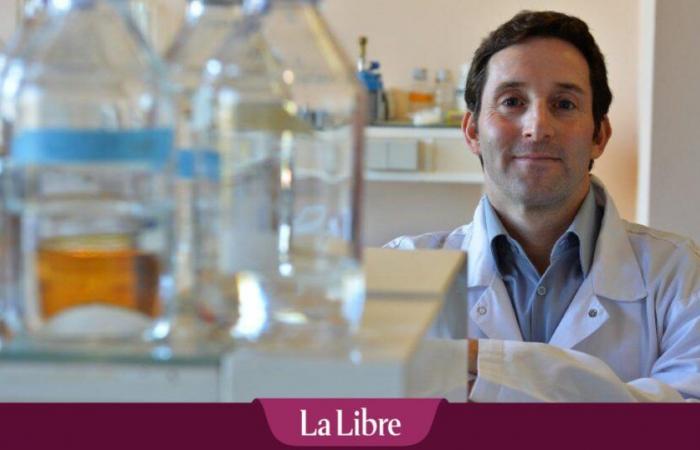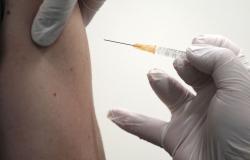A few months after the award of this supreme award, it is a Belgian team which stands out in this field, in this case the Cancer Epigenetics Laboratory, ULB Faculty of Medicine, ULB-Cancer Research Center and Institut Jules Bordet, HUB, directed by Professor François Fuks. In the spirit of his fundamental research aimed at “better understand cancer to better treat it“, he published this Friday, in the prestigious journal Cell, the results of a study whose main author is Giuseppe Quarto from Professor Fuks’ laboratory.
Qualified as major to the point of being able to “revolutionize cancer treatments“, the discovery consists of having highlighted a new mechanism which, by combining the epigenetics of DNA and RNA, allows precise regulation of genes.
“For me, this discovery is almost as important as that of the first antibiotic”
DNA, RNA, epigenetics
To fully understand what is being discussed, it is probably useful to recall some basic definitions and notions, starting with those of DNA, RNA and epigenetics. If we generally know that DNA is the support of genetic information, called genome, allowing the development, functioning and reproduction of living beings, we sometimes less clearly understand the role of RNA (for RiboNucleic Acids), which are molecules carrying genetic information. “For our DNA to produce proteins, such as hemoglobin or insulin, there is an intermediate, a messenger, which is called RNA, and which is in fact a copy of DNA“, explains Professor Fuks.
As for epigenetics, it corresponds to the study of changes in gene activity, which do not involve modification of the DNA sequence and can be transmitted during cell divisions. “We could say that it is a labeling of the molecules of life which will regulate the activity of genes“, the ULB researcher tells us in other words.
“Our genes contain all the instructions necessary to make our body function, but their expression must be finely regulated to ensure that each cell carries out its role optimally, completes the scientist. This is where DNA and RNA epigenetics comes in: a series of mechanisms that act as “markers” on genes, to control their activity, without modifying the sequence of DNA or RNA itself”.
A complementary mechanism
-While until now, DNA and RNA epigenetics have been studied as independent systems, these two mechanisms seeming to operate separately, each playing its role in distinct steps of gene regulation, the researchers of the ULB discovered that, on the contrary, “they form a complementary regulatory system, in which DNA epigenetics organizes the available genes and RNA epigenetics dynamically adjusts their use“.
With his colleagues, Professor François Fuks has demonstrated that this mechanism is particularly important in key stages such as the development of cells or their specialization into different types, for example in the context of embryonic stem cells. “Concretely, the study demonstrates that when these two markers are added jointly to DNA or RNA, they allow more effective activation of the corresponding gene, explain the authors of the study. On the other hand, if one of these processes does not function correctly, the activity of the gene is altered.”
Promising prospects
By having identified this completely new mode of gene control, this advance opens up new perspectives in medicine. “It helps us better understand how our cells work and how disruptions in these mechanisms can lead to diseases like cancer.specifies Professor Fuks. This discovery could also advance therapeutic treatments against cancer and develop therapies based on “epigenetic drugs” targeting both DNA and RNA. These treatments would be more precise and personalized, able to target these regulatory mechanisms to restore balance in diseased cells in cancer patients.“.
A “major” Belgian advance on leukemia: “It’s a game changer, in diagnosis and therapy”
For around twenty years now, leukemias have been treated with an epigenetic DNA drug, Professor Fuks points out to us, who is already testing new avenues in his laboratory. “The idea would be to administer a drug that targets DNA epigenetics and, jointly, a second drug against RNA epigenetics. As if we came, with two pairs of scissors, to cut the labels which have been placed in an altered manner on the molecules of life. We are therefore clearly part of personalized medicine“.
As for when these treatments could be available, the specialist’s response is: “Between 5 and 10 years, but we will first have to know if the clinical trials bear fruit on the second labeling of RNA, a molecule which, following the Covid crisis, demonstrated that it was really essential and not subordinate as she was considered until then“.






